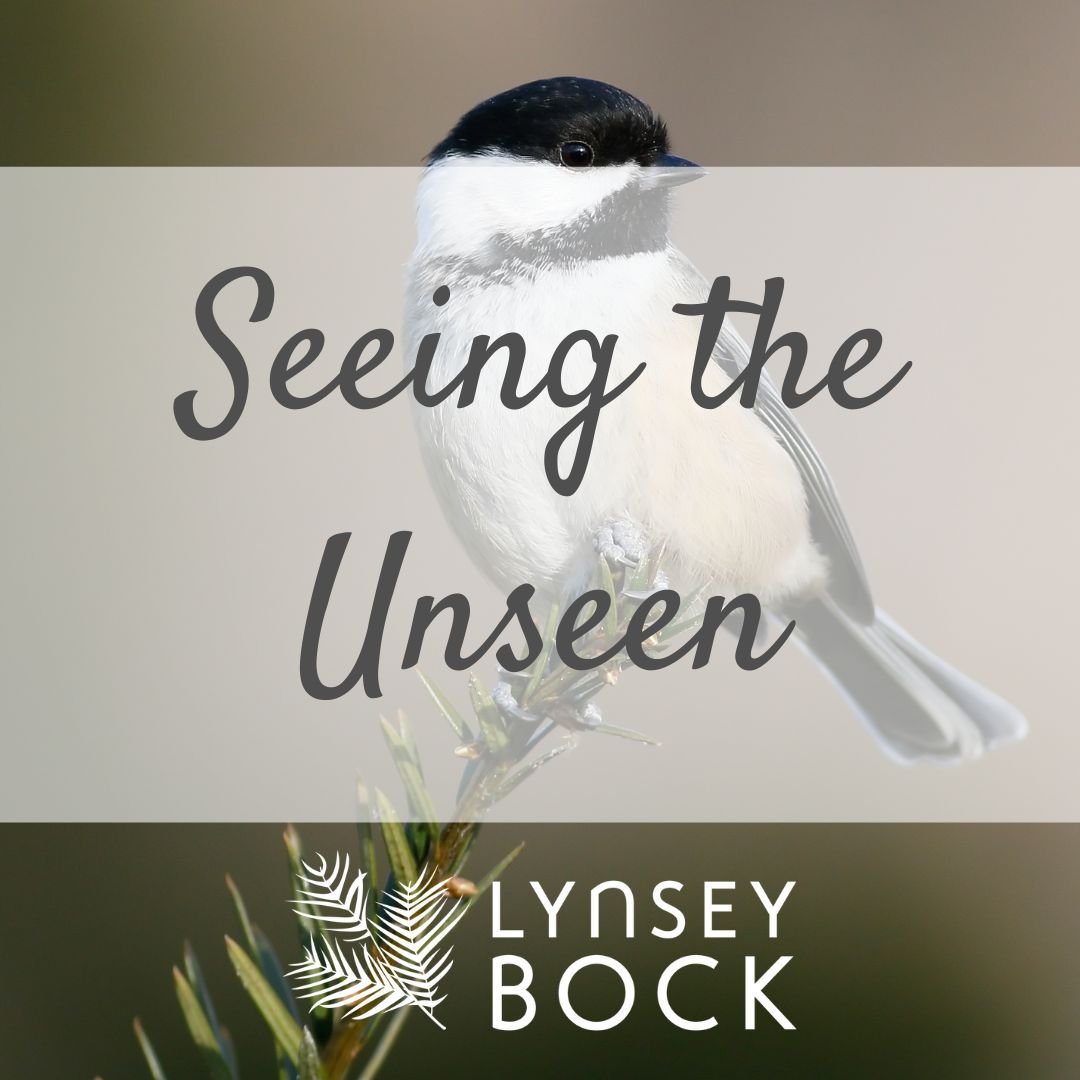This article was originally featured on the Gresham Bible Church blog in May 2015.
I feel like I’ve lived the great majority of my life in a prison of my own making. Even after becoming a Christian, moments of true freedom may be interspersed among days and weeks being held captive by my own fear and anxiety.
Will I ever get married?
Will I ever find a job?
Will we ever be able to have kids?
Will I ever feel healthy?
Will we ever be able to afford adoption?
The questions change, but the underlying fear stays the same: Is God taking care of me, really?
Sometimes my fear snowballs into frustration, grumbling, and even anger. When my circumstances don’t match my expectations I feel that I’ve been wronged. I believe that life owes me something, or maybe even that God does.
At times, such thoughts have brought me to the end of myself, and to the brink of desperation. I begin to feel hopeless. Prayer feels pointless when God doesn’t seem to be answering.
It was at one of these low points in my life, when I felt that God had turned his back on me, that He used a dear friend of mine and an excellent book to change my perspective forever.
Last April, my best friend gave me Ann Voskamp’s book One Thousand Gifts: A Dare to Live Fully Right Where You Are as a gift for my birthday. I was excited to dive into it, but my long reading list (#Englishteacherproblems) meant I didn’t start it for a few months. It was perfect timing.
I was at low point; a deep hopelessness had settled over me as I realized that after two years of unsuccessfully attempting to get pregnant, my husband and I were no nearer to becoming parents than we had been when we first started trying. This was even after pursuing costly fertility treatments with zero results.
Reading Voskamp’s book opened my eyes to the ways that discontentment, anxiety, fear, and anger rob me of the joy that God wants to graciously lavish on me. These feelings will lead me down the dark path, and eventually, into sin. The solution? Voskamp calls it eucharisteo: thanksgiving. She writes, “…life change comes when we receive life with thanks and ask for nothing to change.” The solution to my problems has never been a change in my circumstances, but a change in my attitude. My life is transformed when I alter the way I think (Romans 12:2), by approaching life with gratitude instead of dissatisfaction.
In fact, Voskamp compellingly concludes that the simple act of counting our blessings (yes, even writing them down) opens us up to satisfaction in God. In good times, this is simple and natural. When things get rough, when the nursery is as empty as my wounded heart, God is still deserving of my praise. Even when my circumstances don’t change and gratitude is hard, God calls me to give thanks: “While I may not always feel joy, God asks me to give thanks in all things, because He knows that the feeling of joy begins in the action of thanksgiving” (Voskamp).
When I choose to demand my own way by stubbornly clinging to my prior expectations, I am choosing to live without joy. Voskamp puts it this way: “The demanding of my own will is the singular force that smothers out joy—nothing else”. True joy and satisfaction didn’t come from getting married or finding a great job, and it won’t come from finally becoming a mom. The only thing that can fully satisfy me is doing what I was created to do: bringing glory to God through a constant attitude of gratitude, because “Our endless desires are fulfilled in endless God” (Voskamp).
Reading One Thousand Gifts helped to pull me out of a dark time. It revealed a huge area of weakness in my life, not with shame or condemnation, but with hope and encouragement to live a richer, fuller life going forward. I’m not perfectly walking the path of gratitude, but I hope that my story can be an encouragement to others to join me in abandoning our self-made prisons and choosing gratitude.
Respond
How have your prior expectations robbed you of your present joy? Gratitude helps me fight that temptation. What about you?







